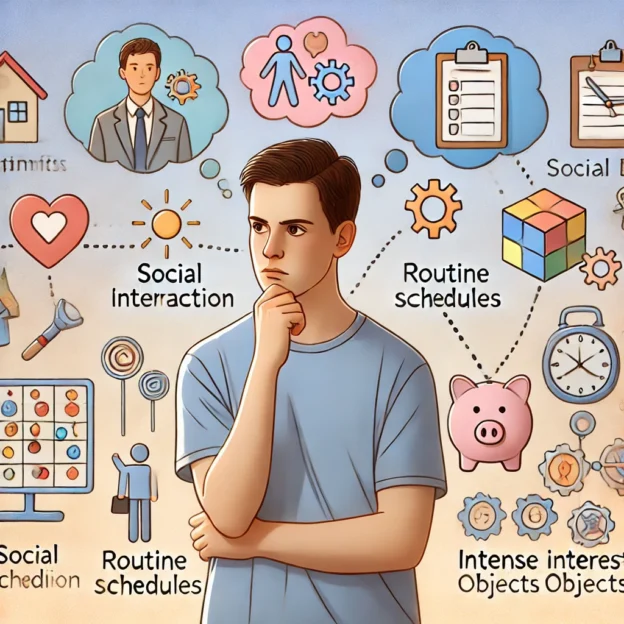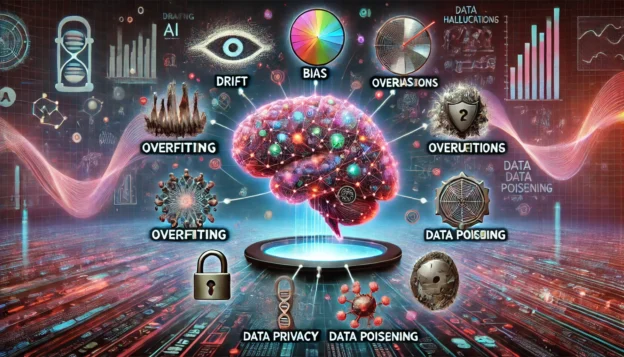This article examines how AI risk is obscured when organisations prioritise adoption over governance. Drawing on real-world examples, it argues that widespread AI usage is already endemic; but largely shallow, uncontrolled, and poorly understood. In regulated environments, optimising for uptake before addressing data lifecycle, verification, leakage, and accountability is not innovation, but a dangerous substitution of metrics for responsibility.
Continue reading


